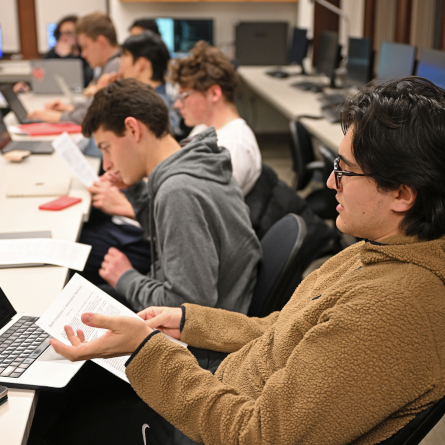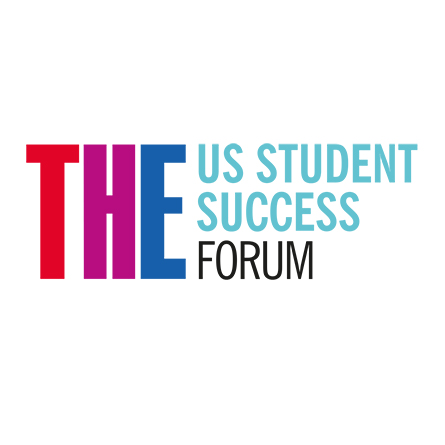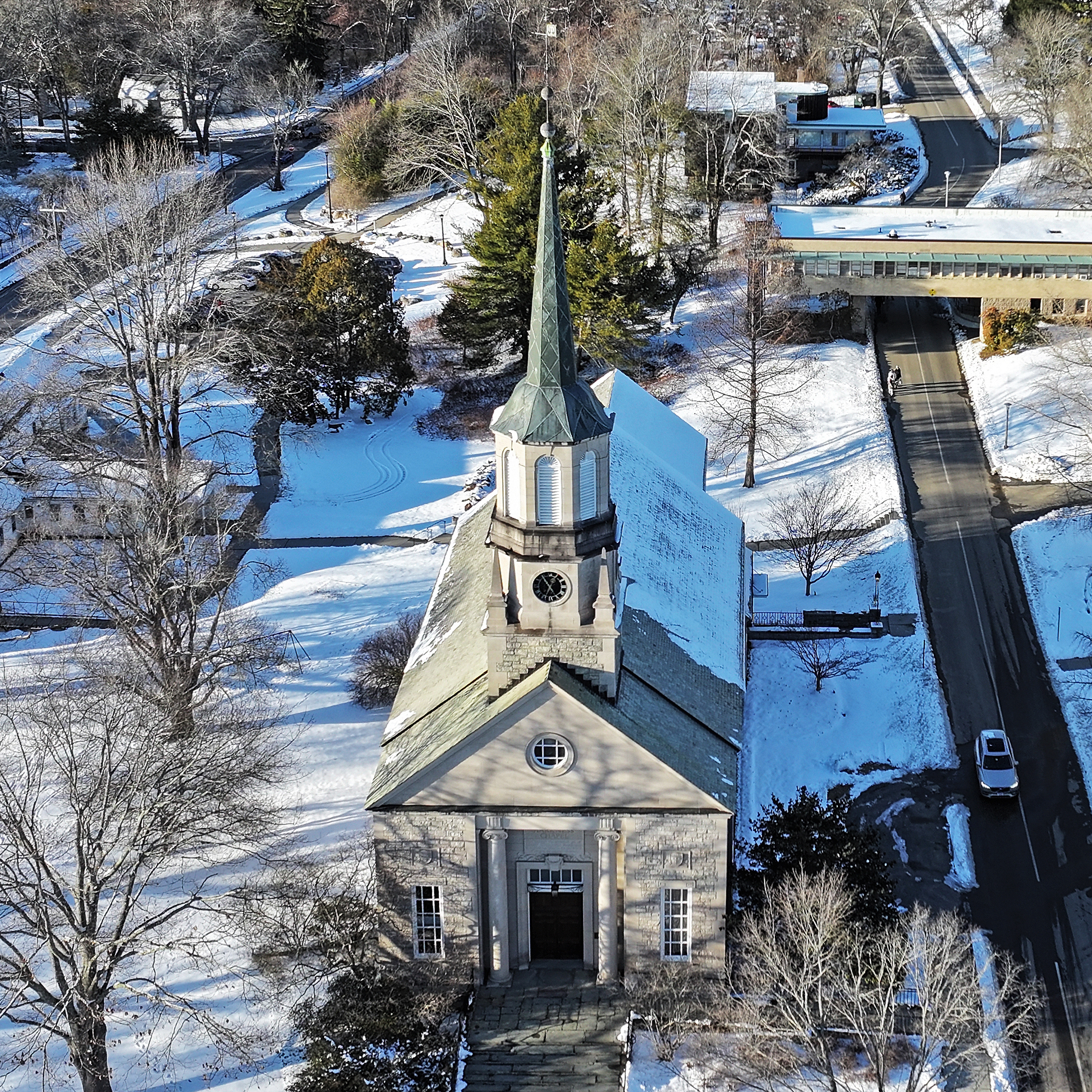
President Katherine Bergeron speaks at U.S. Student Success Forum
Connecticut College President Katherine Bergeron was a guest speaker at the Times Higher Education U.S. Student Success Forum, held Sept. 4-5 in New York City.
The forum drew educational experts and university leaders who gathered to discuss the best initiatives and newest ideas for improving student outcomes, and whether the liberal arts model remains the best way to educate today’s students. Bergeron spoke at a session focused on the liberal arts.
“One of the questions before our panel is how colleges like ours can prepare students for success in the new global economy,” Bergeron said.
“Connections is our answer at Connecticut College.”
Connections is Conn’s interdisciplinary education initiative, in which students are encouraged to create deeper linkages between the work they do in courses, in internships, in the community, and around the globe, to prepare them for leadership in an era of change.
“Our mission at Connecticut College is to educate students ‘to put the liberal arts into action.’ Connections takes the traditional academic major and makes it even more relevant by linking it to a personally meaningful pathway of interdisciplinary study, off-campus learning, guaranteed internships and other professional development. The idea is to unleash curiosity; to teach complex thinking; to promote real-world problem-solving; and, ultimately, to ensure successful lives and careers for our students beyond college.
“We see Connections as the new liberal arts for our interconnected world,” Bergeron said.
Because the forum was located at the New York Institute of Technology, there was an emphasis on STEM, and whether the liberal arts model remains the best way to educate today’s students.
Recognizing that the College’s Science Leaders Program recently received a 2019 Inspiring Programs in STEM Award from INSIGHT Into Diversity magazine, Bergeron noted that Connections is perfectly positioned to enable students to flourish, as it creates a “vehicle for every student to explore different cultures; to grapple with complexity; to tackle real-world problems; to contribute to their communities and to the world; in short, to put their education into action in their own unique way.”

